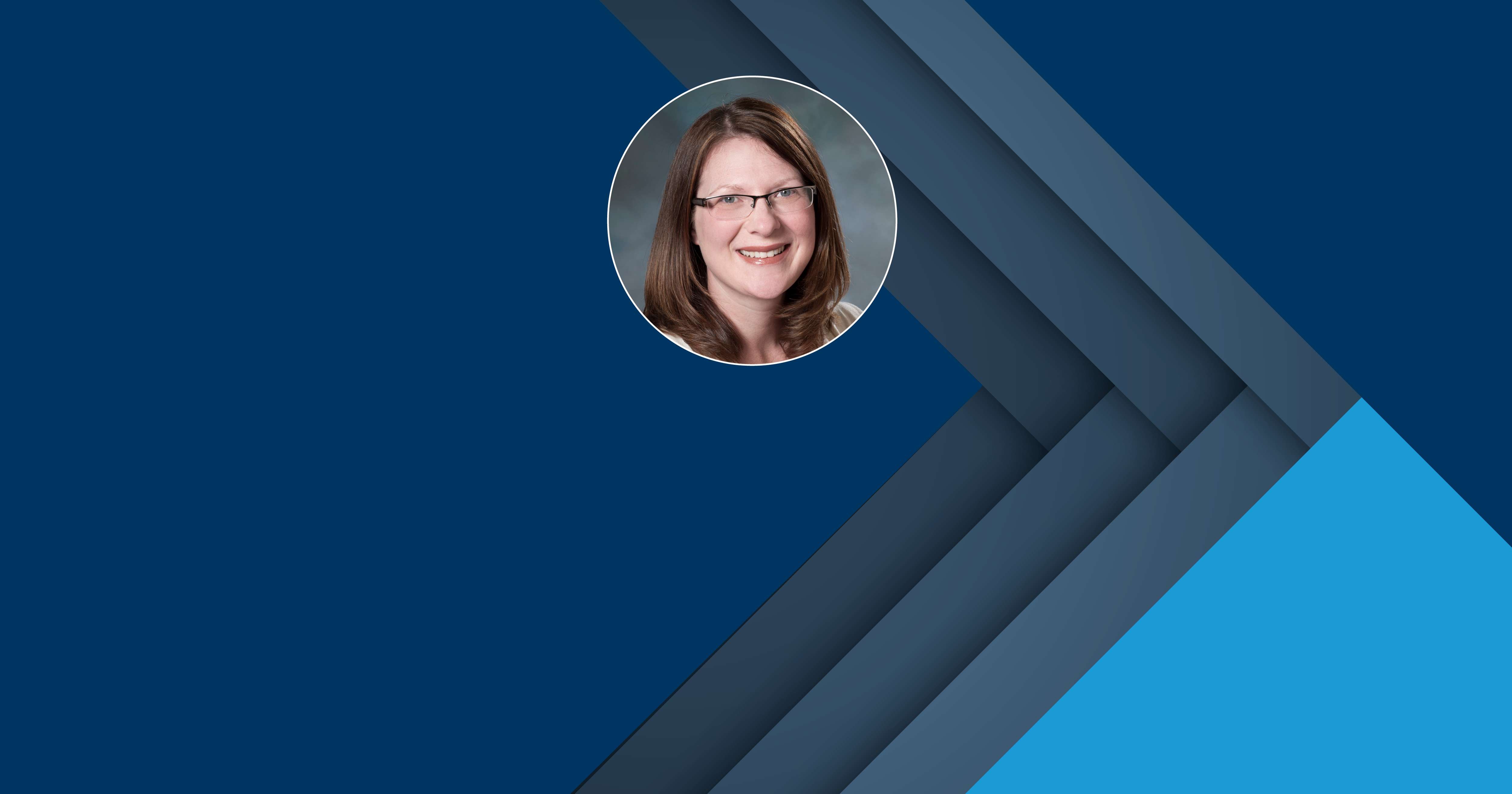We sat down with Jinny Lavezzi, D.O., MPH, neonatologist at Pediatrix Medical Group of Kansas and Saint Luke’s Hospital of Kansas City in Missouri. Dr. Lavezzi joined the practice following fellowship and has been with the group for eight years.
Watch the video for the full interview or check out the highlights below!
How did you get into the field of medicine?
My mother was a nurse, so I was always around the field of medicine and saw her in medicine. When I started to have an interest in being in medicine and pursuing a career in medicine, she really encouraged me and also had some contacts that helped me get some experience before going to undergrad. So, I was able to see what that world was like from a perspective that wasn’t a nursing perspective, shadowing a lot of physicians that she knew. She felt that it was important for me to go into it eyes wide open and have a good understanding of what that might look like for me. She was instrumental in helping me know what I wanted and have a sense of what that might look like for my future.
What do you think it means to be a woman in healthcare today?
I think it’s both challenging and rewarding. I think aside from being a mother, it’s probably the most rewarding part of my life. But balancing being a mom and having a family with that job is also very challenging as well as just the challenges of practicing medicine. So, I think women in medicine today—and always since the first woman went to medical school back in 1848— they’ve always been juggling things. But I can’t imagine doing anything else, and it’s very fulfilling.
What are some of the positives of being a woman in healthcare?
I think we bring a different perspective to medicine. Having other roles outside of our job, and many of us being primary caretakers for other people, we bring a different perspective—we bring our empathy, our compassion. That’s not to say that men don’t do the same thing, but there have been studies that have shown that if you have a woman physician, there are less readmissions and probably even a little better mortality data. So, I think there is potentially a difference in having a woman as your physician and it’s beneficial. I think the positives of being a woman in medicine right now are being able to bring that to our patients and to be there for our peers, other women, in medicine as well.
What advice do you have for women applying to medical school or entering the medical field for the first time?
I think one of the most important things for women who are just entering the field, and something that my mom encouraged me to do and that was really helpful for me, is to find a mentor—whether that be a male or female, but someone who can really kind of guide you and be a sounding board to you as you go through the process because it is a process. And then even once you’re through medical school and a practicing physician, I have many people in my life that I turn to when I have questions, either clinical or personal, that I just need help finding my way through. So, I think having a mentor is key. I think always believing in yourself, even when you feel like you’re getting a lot of no’s—whether that be for medical school, promotions, research grants or whatever that may be—just always believing in yourself knowing that if you keep going toward that goal, you can achieve it. And never underestimating the importance of your voice and your perspective and knowing your worth—those are all things that I think are really important to know.
Interested in joining our team of neonatologists? Explore our career opportunities.

